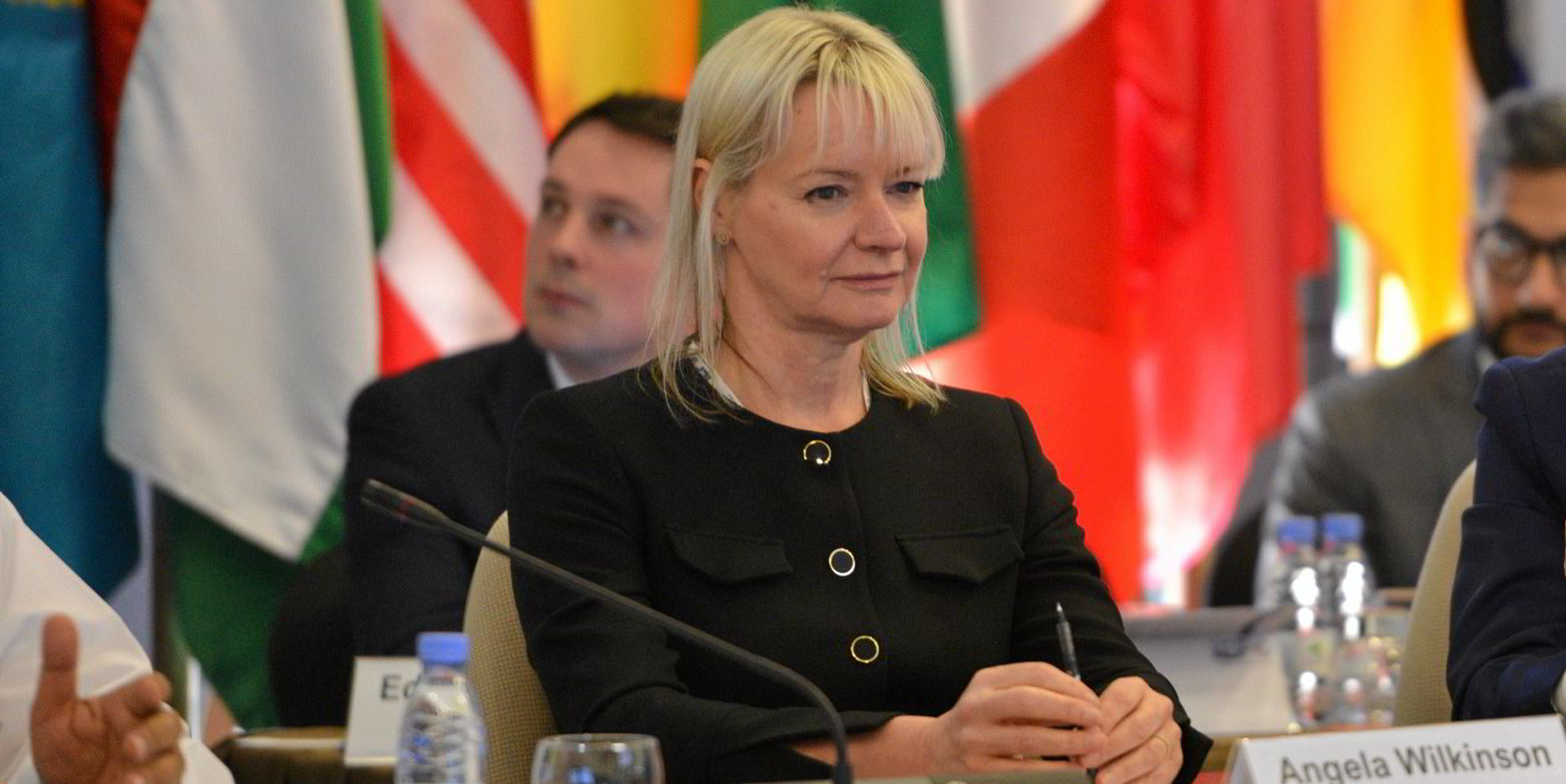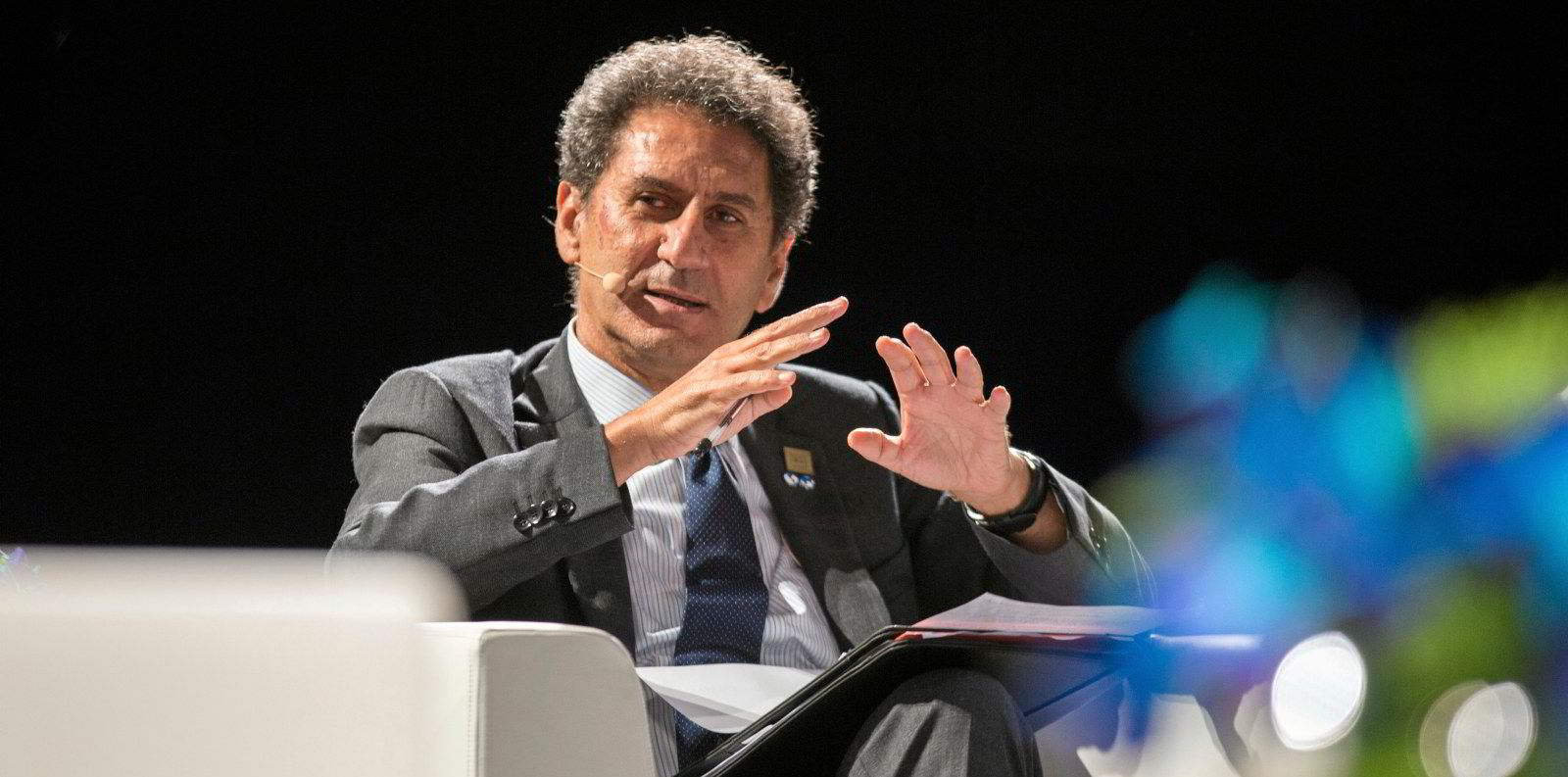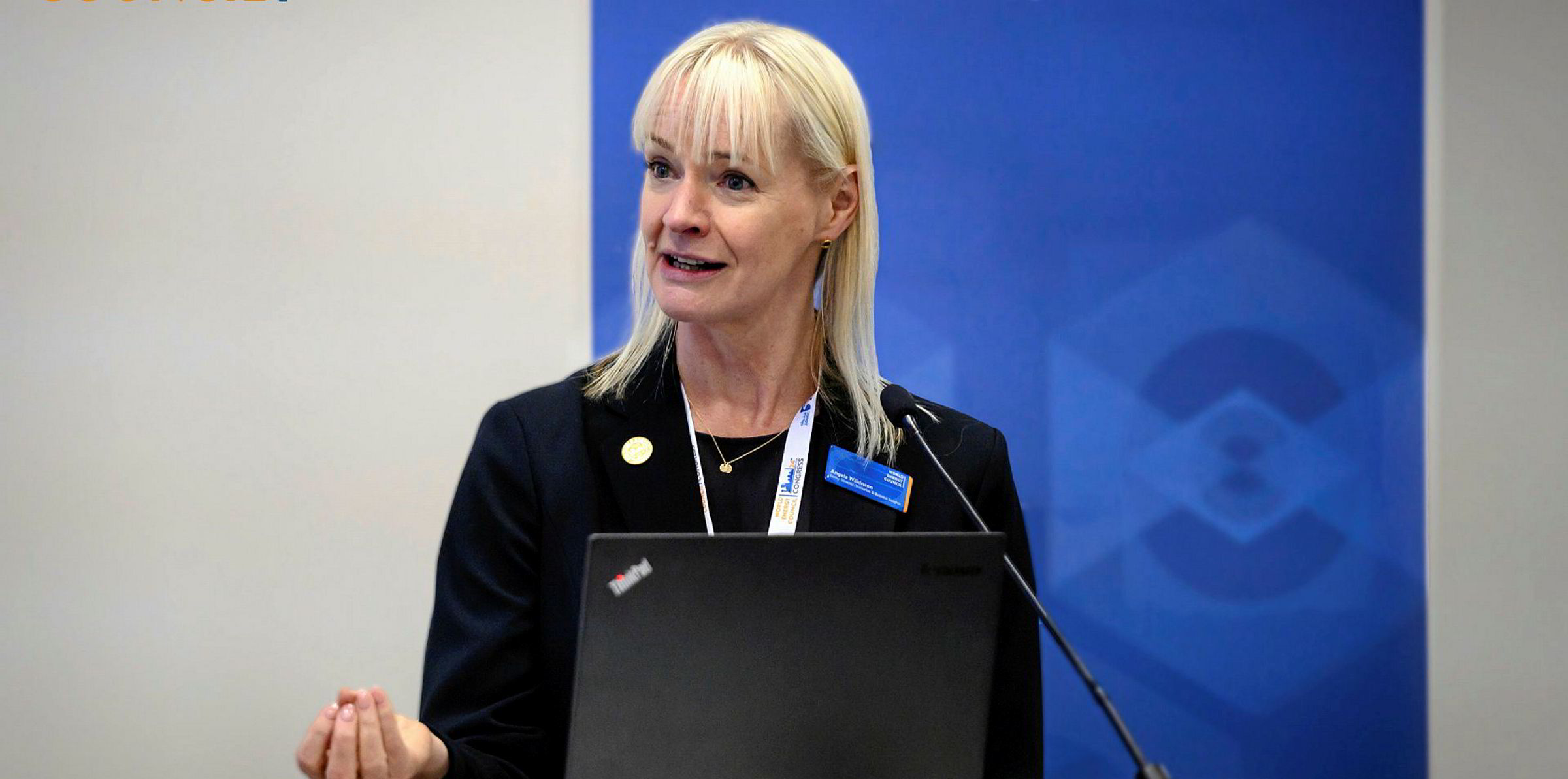International energy leaders’ business lodestars have seen a “major realignment” over the past year as the pandemic encircled the globe toward a “humanising” agenda that has catapulted renewable energy production up their list of “actionable priorities”, according to a new report from the World Energy Council (WEC).
Get the market insight you need into the global oil & gas industry's energy transition – from the new newsletter from Upstream and Recharge. Sign up here
The World Energy Issues Monitor (WEIM), billed by WEC as a yearly survey of what keeps executives in its membership “awake at night”, found that “perceptions of areas of risk, opportunity, and priorities for action have radically changed over the last 12 months”, noting that from behind the Covid-sparked economic tumult of 2020 there was emerging a “growing focus on the social agenda associated with a faster-paced energy transition”.
“Even before the onset of Covid-19, we had already begun to see the rise of the social energy agenda. A consequence of this health crisis is that it has put people at the centre of the conversation on global energy transition and given humanity a clearer voice in an otherwise polarised and fragmented debate,” said WEC secretary general Angela Wilinkson.
“This edition of our clearly shows a growing awareness among energy industry leaders of the unavoidable truth that we must humanise our energy systems and address new energy justice concerns to be successful.
“While there are still diverse views on recovery and different signals about the impact of recovery plans on the speed and direction of transition, the growing acceptance of a holistic view of energy to enable global human and sustainable development suggests we are moving in the right direction.”
Carbon abatement technologies stood out as another major area of focus for energy leaders, who responded from over 100 countries, with 40% rating the issue as “highly or very highly uncertain” due to the absence so far of any commercial large-scale carbon capture utilisation and storage systems, and a “wide-ranging spectrum of national and corporate net-zero commitments” on emissions reduction.
The polling, of over 2,500 executives in companies in 108 countries, found “significant uncertainty” around how to “strike a balance” between decarbonising the global economy while at the same time “ensuring that human needs are met during the recovery”, with regional and country-level differences reinforce the requirement for “multiple energy transition pathways rather than a one-size-fits-all approach”.
“The global imperative to secure more energy and climate neutrality is the key to enabling whole societies to recover and flourish. It is vital, that the connections between planet and people are maintained and whole-energy-system change implications are thought through,” said Wilkinson.
“There is no single ‘race to zero’, there are in fact multiple pathways being progressed with tremendous geographical and technological diversity.”
In addition to this report, WEC hosts an interactive Issues Monitor online tool, developed with EPC giant Arup, to allow for visualisation of the data that underpins the WEIM.
The report also spotlights a new generation of digital energy services and energy entrepreneurs, with “customer-centric demand-driven solutions and fast changing patterns of global and local demand” that are using “agile, disruptive technologies to take advantage of social upheaval to gain market share at the expense of supply-centric energy solutions”.




